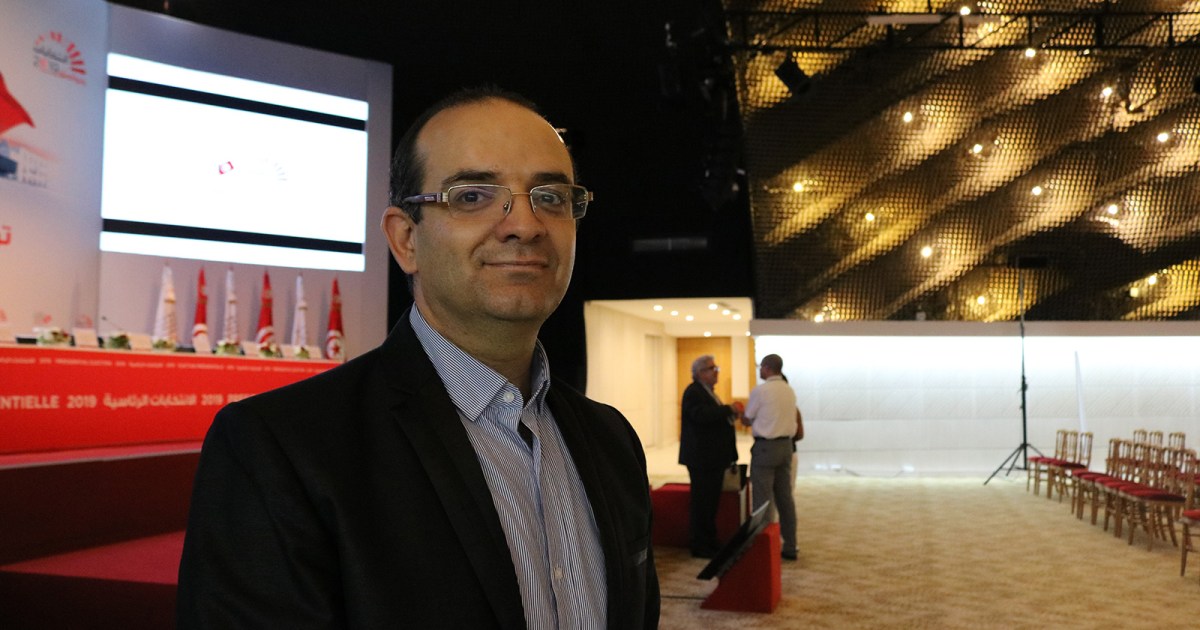Tunisian President Kais Saied appointed members of the Independent Electoral Commission, and directed the formation of the commission related to reconciliation with businessmen implicated in corruption cases.
Yesterday, Monday, the country's Official Gazette issued a presidential decree, according to which Farouk Bouaskar was appointed as head of the authority, who previously held the position of vice-chairman of the authority.
The rest of the composition included Sami bin Salama, Muhammad Al-Tilili Mansouri, Al-Habib Al-Rubai, Maher Al-Jadidi, Mahmoud Al-Waer and Muhammad Nofal Al-Farikha.
A presidential decree was issued last month in the Official Gazette to revise the Basic Law of the Independent High Authority for Elections, under which the president will appoint members of the authority's board and its head.
The commission is a constitutional institution that has been supervising elections since October 2011. It is made up of 9 “independent, neutral, qualified” members who are elected by parliament by a two-thirds majority, and perform their duties for one 6-year term, and one-third of its members are renewed every two years.
Several political forces - including the Ennahda Movement and the Workers' Party - rejected the decree to amend the electoral commission, stating that it comes in the context of "consecrating individual rule and returning to the era of fraud."
Reconciliation Commission
The Tunisian president tasked Minister of Justice, Laila Jaffal, with forming a commission for settlement and reconciliation with businessmen implicated in corruption cases.
On July 28, 2021, Saeed stated that "the value of the money looted from the country is estimated at 13.5 billion dinars (about 5 billion dollars), and it must be returned in exchange for a penal settlement with the businessmen involved in its looting."
He explained - at the time - that "the number of people who looted the country's money is 460, according to a report issued by the National Commission for Inquiry on Bribery and Corruption," without naming them.
In a related matter, a statement by the presidency announced that the Tunisian president stressed that "the judges should not hesitate to apply the law to everyone, the judges should apply the law, and the Interim Supreme Judicial Council bears its full role and responsibility."
On February 5, Saied announced the dissolution of the Supreme Judicial Council (an independent body established in 2016 to oversee the professional affairs of judges).
On the 13th of the same month, the Tunisian President signed a decree establishing the Interim Supreme Judicial Council, granting him the power to request the dismissal of every judge who violates his professional duties, and forbidding judges from striking.

